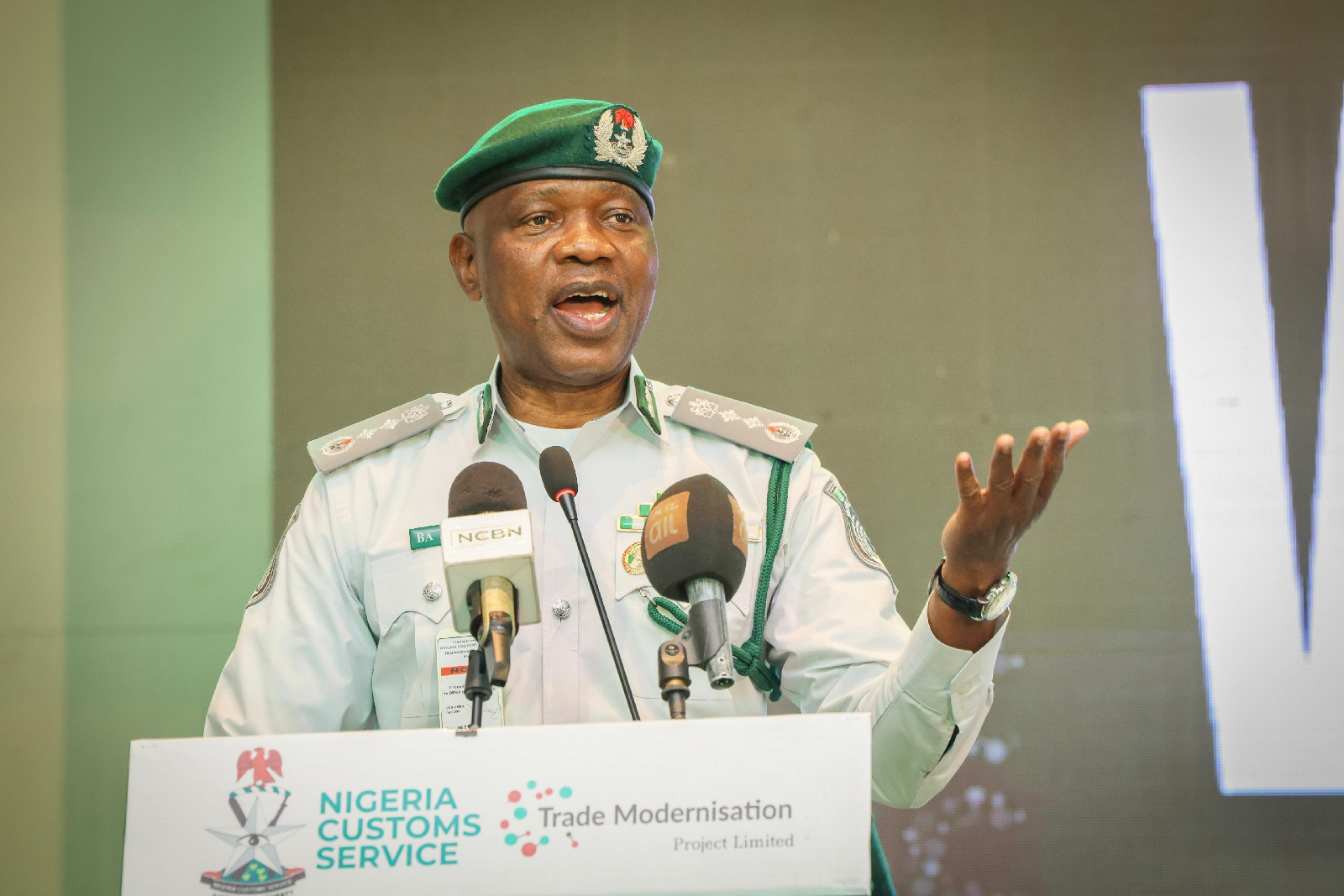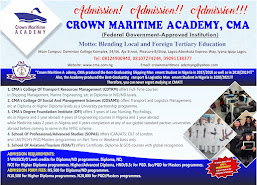Customs Hosts Stakeholders’ Town Hall on B’Odogwu Clearance System, Proposes Reintroduction of 4% FOB Levy
Kathy Kyari
The Comptroller General of Customs, Bashir Adewale Adeniyi, has reaffirmed Nigeria’s rising visibility on the global customs landscape, following his election as Chairman of the World Customs Organisation (WCO).
He made this known while delivering the keynote address at a Town Hall meeting with stakeholders on the B’Odogwu Clearance System, held at the Marriott Hotel, Lagos.
Speaking on the theme “Enhancing Trade Compliance and System Optimization Through Stakeholder Engagement”, Adeniyi emphasized the Nigeria Customs Service’s (NCS) commitment to making the B’Odogwu platform a benchmark in digital clearance systems.
He outlined several efficiencies introduced by B’Odogwu, including a user-friendly interface, improved digital registration and tracking, reduced system downtime, faster processing of Form M, alignment of customer data with banking platforms, and simplified debit note printing. However, he acknowledged that the system still faces some teething challenges.
Touching on the cost implications of the transition, Adeniyi noted that, “The transition to B’Odogwu requires significant funding,” adding that the successes recorded were driven by technological advancements.
To sustain and expand these achievements, the Customs boss disclosed plans to reintroduce the 4% Free on Board (FOB) levy, which he said would replace the current 1% and 7% Comprehensive Import Supervision Scheme (CISS) charges.
“Once the 4% FOB is reintroduced, the 1% and 7% COS will be removed, which will create a win-win situation for everyone involved in trade facilitation,” he stated.
He clarified that under the new Customs Act, the 4% FOB levy would represent 100% of the revenue generated by Customs for the Federation. This FOB charge, calculated based on the value of imported goods up to the port of loading, is designed to boost Customs’ operational efficiency.
In her welcome address, the Deputy Comptroller-General of Customs in charge of ICT/Modernization, Kikelomo Adeola, highlighted the purpose of the engagement.
She explained that the Town Hall aimed to clarify the roles of importers and other stakeholders in the B’Odogwu ecosystem, demonstrate the platform’s capabilities, foster open dialogue through panel discussions, and gather feedback from various sectors including air freighters, terminal operators, shipping lines, regulators, and financial institutions.
“This Town Hall is not just another event; it is a strategic platform to engage our valued partners in trade on the B’Odogwu Clearance System,” Adeola said.
“Since its phased deployment, B’Odogwu has demonstrated tremendous potential in enhancing clearance efficiency, improving cargo visibility, and boosting revenue generation. Yet, like every major reform, its success depends on how well we carry along the people it was built for, that is you.”
She also noted ongoing challenges faced by users, such as navigation difficulties and limited understanding of the platform. “These are not insurmountable obstacles; they are gaps we must bridge through education, direct engagement, and mutual accountability. That is why we are here today.”
Adeola further announced plans for post-Town Hall virtual workshops aimed at providing hands-on support to importers, brokers, and agents on various issues from trade documentation to risk profiling and system troubleshooting.
“Our goal is to deepen capacity and ensure that everyone can benefit fully from this digital leap,” she said.
Dr. Saleh Ahmadu, Chairman of Trade Modernisation Project Limited (TMPL), also spoke at the event, emphasizing the importance of stakeholder involvement in the success of the B’Odogwu platform.
“We are grateful for the strong engagement and trust by all stakeholders, that indeed Nigeria can stand for itself, and Nigerians can make a difference in trade facilitation,” he said.
“As we make this momentous transition into a 21st century Customs Service, driven by cutting-edge innovations and best-in-class technology, TMP’s underlying objective and driving force is to ensure the right investment in technology, people and service,” Ahmadu added.
He congratulated the CGC on his election as WCO Council Chairman, saying, “The cap fits and the world is about to experience the same exemplary leadership, with which you have led this project, as we continue to pilot B’Odogwu across all NCS Commands. May Allah, in His infinite mercies, continue to guide you as you lead the global Customs community.”
During the panel sessions, stakeholders expressed satisfaction with B’Odogwu’s improvements but raised concerns regarding communication gaps, migration challenges from NICIS II, banks’ inability to make amendments on the platform, and inconsistencies in the classification of Harmonized System (HS) codes between SON and NAFDAC.
In response, Adeniyi pledged to address these concerns to ensure seamless trade facilitation aligned with international best practices. He also announced that similar Town Hall sessions would be held in the eastern and northern regions of the country to expand engagement.



















0 Comments